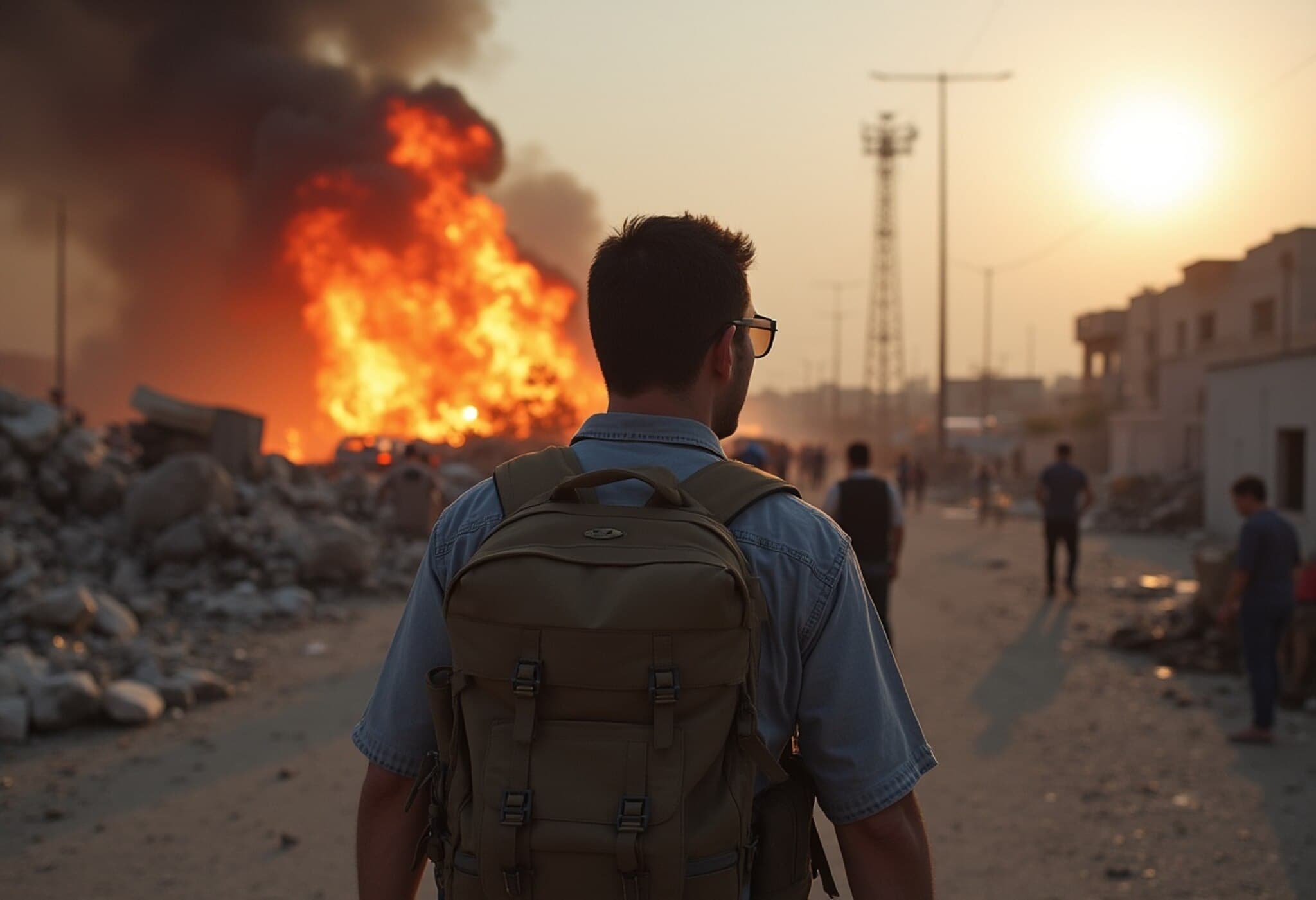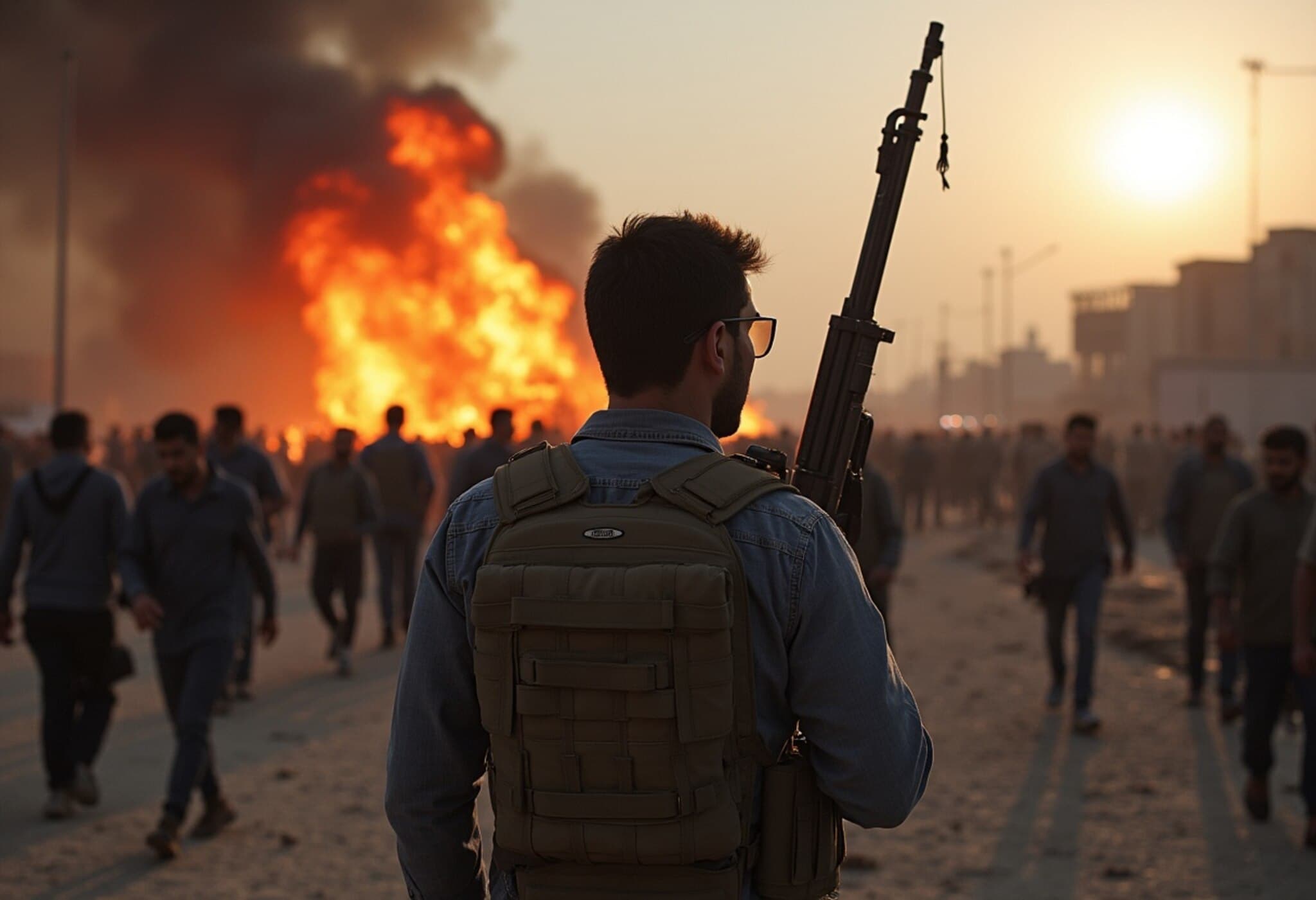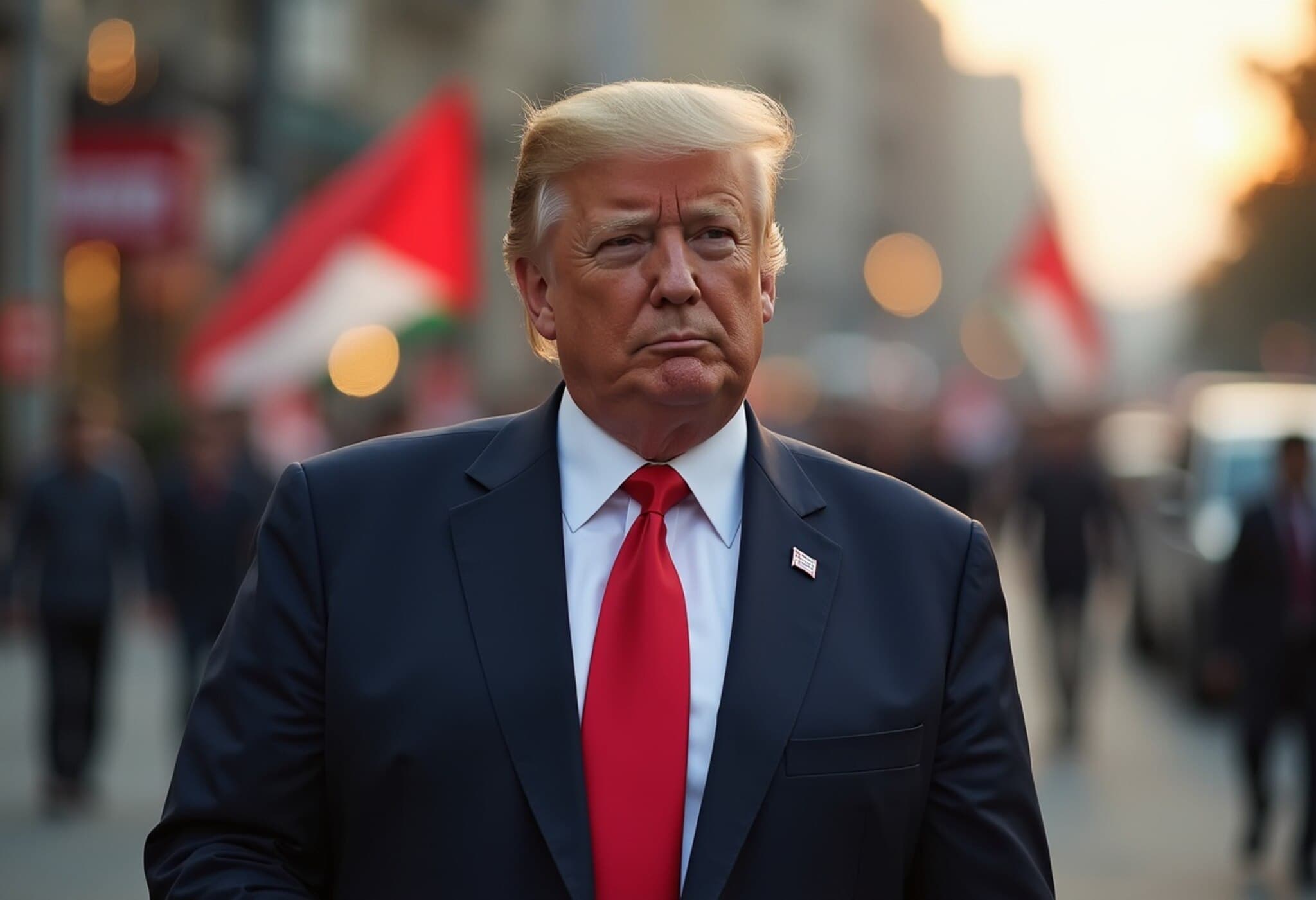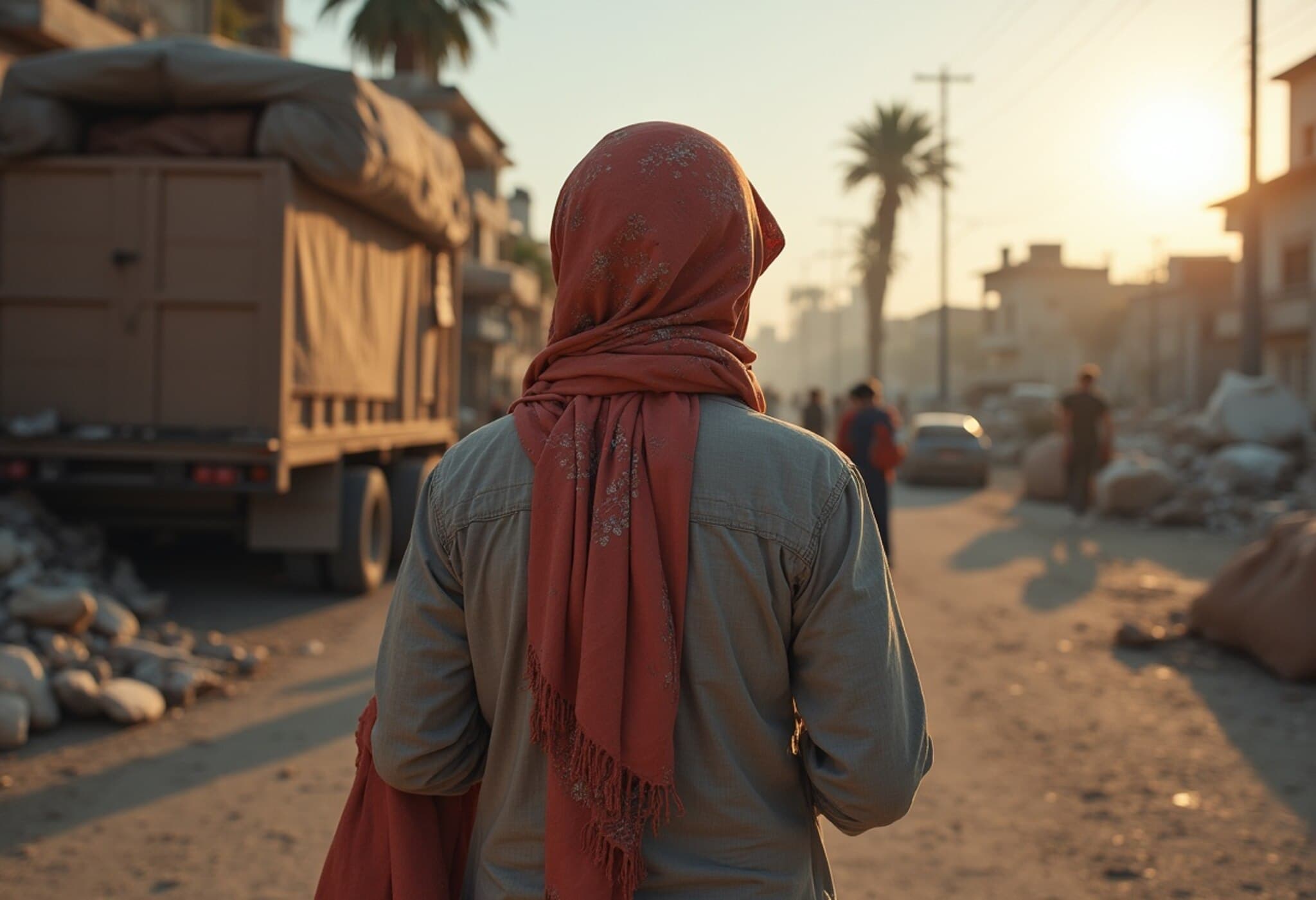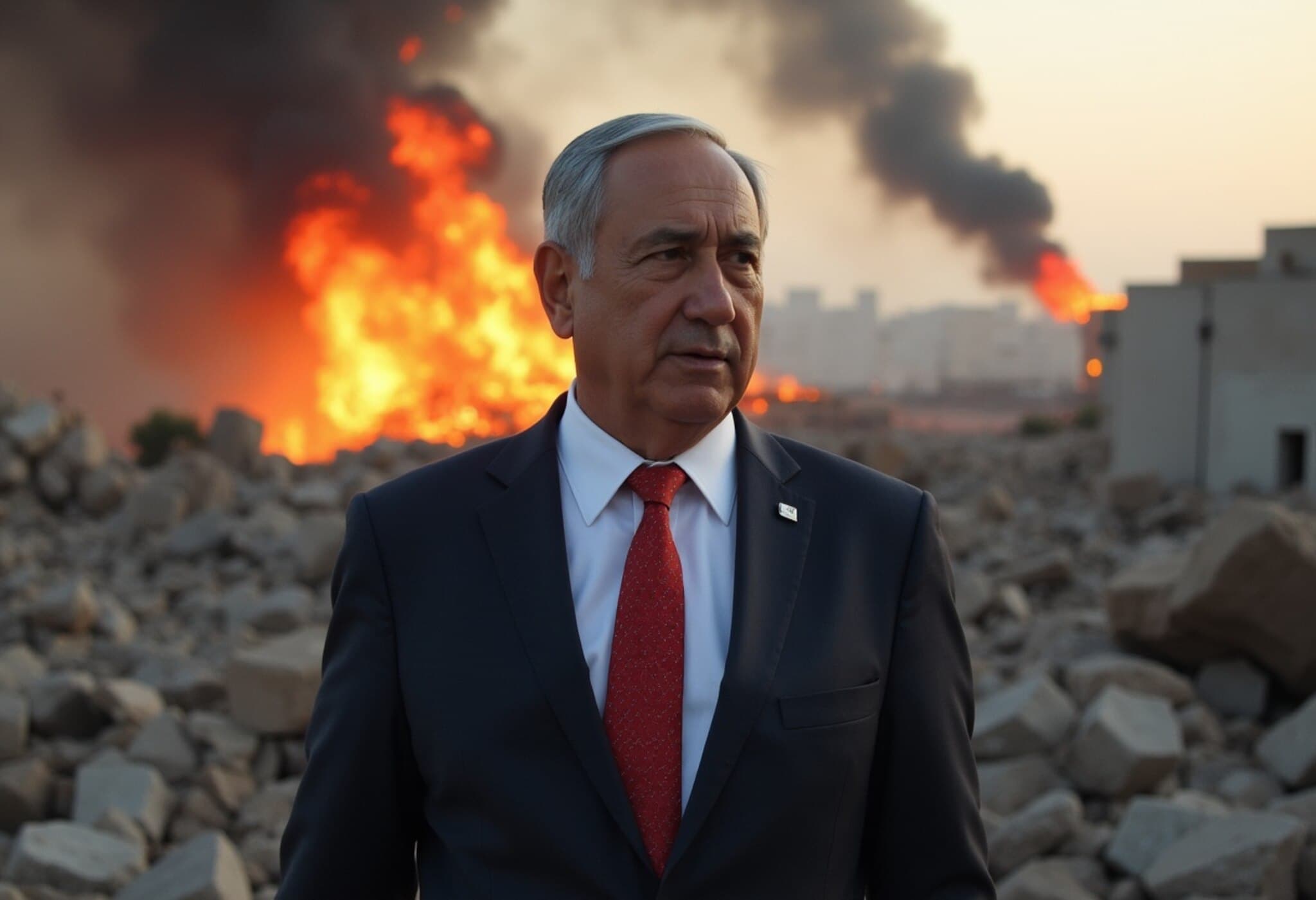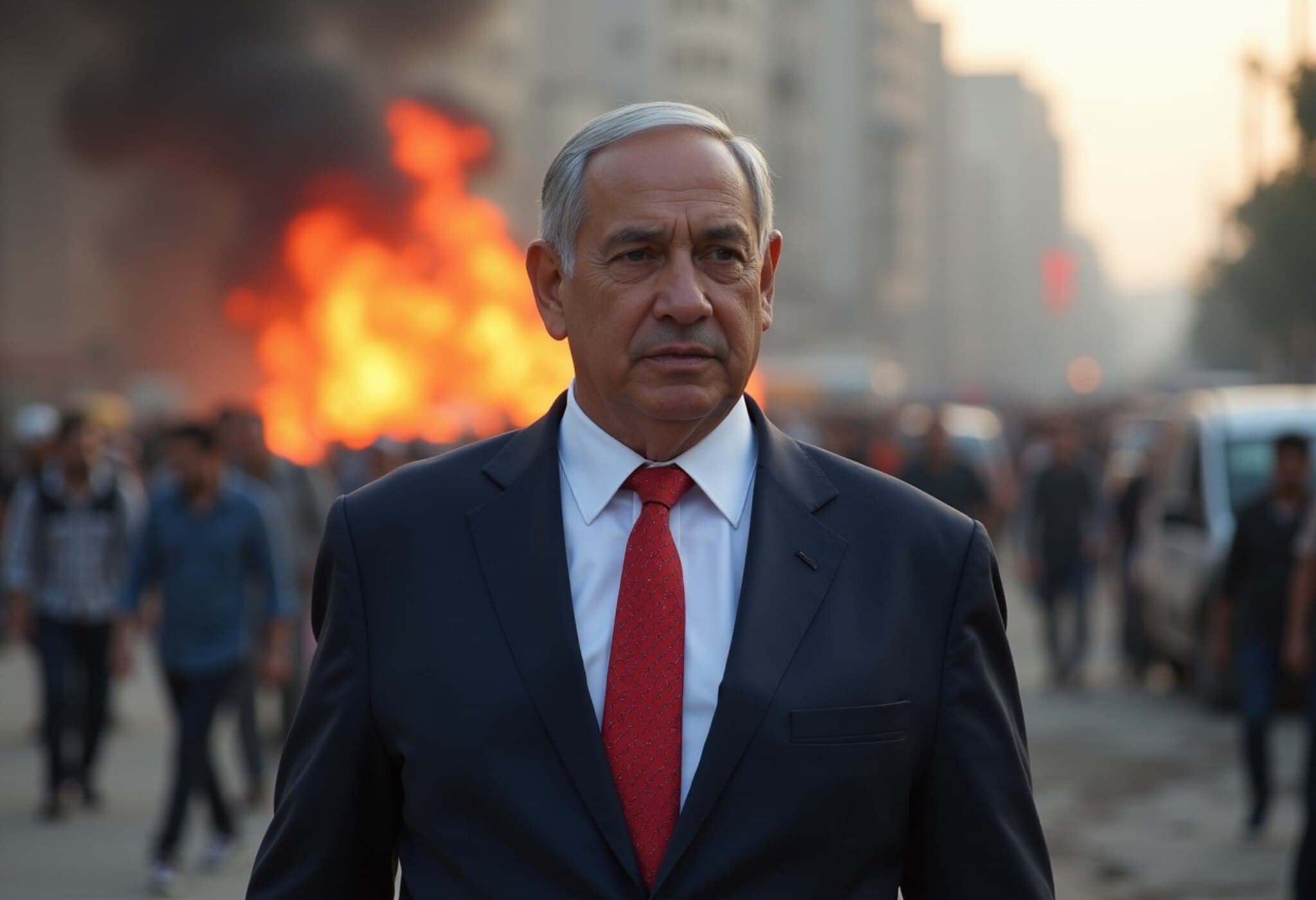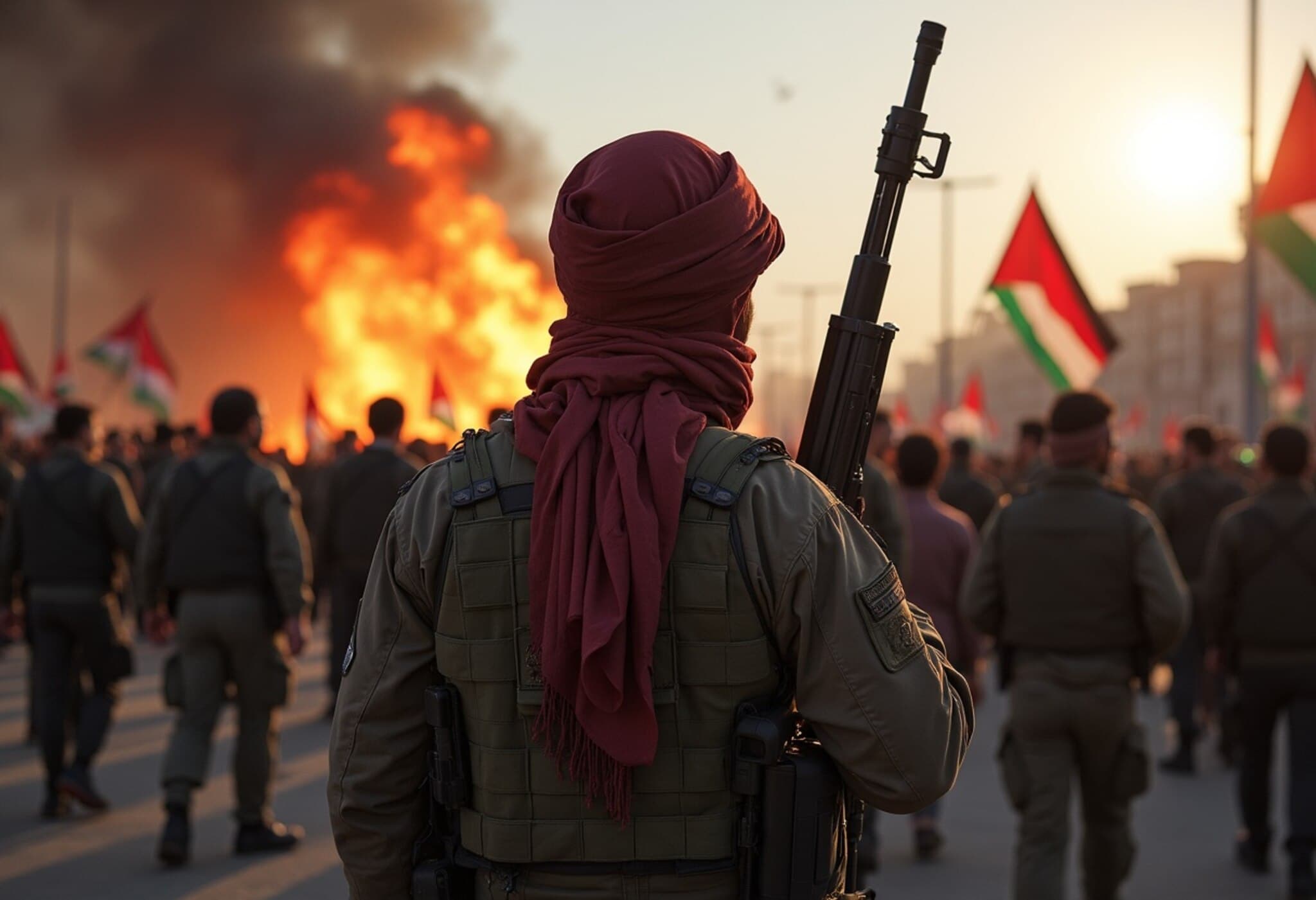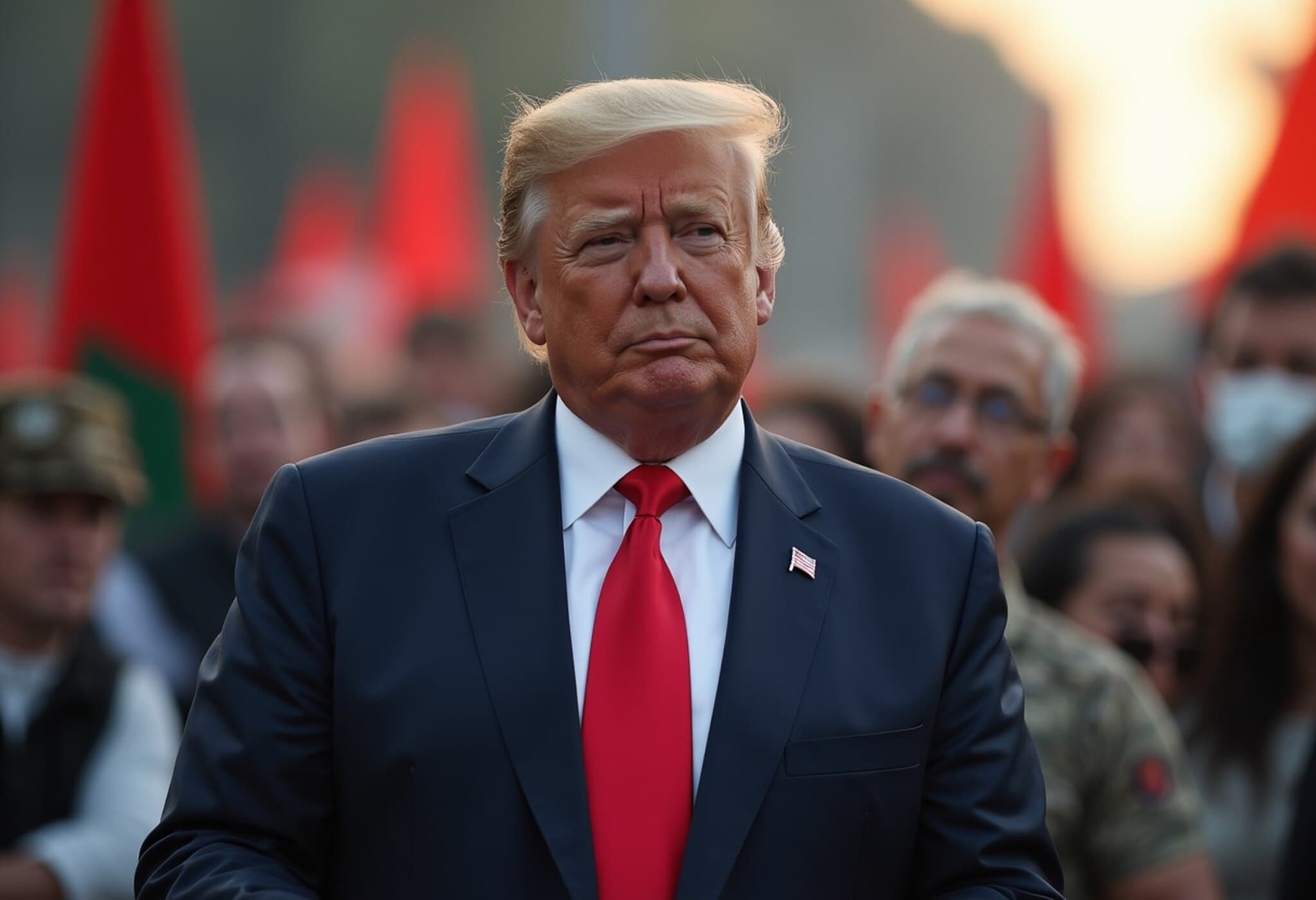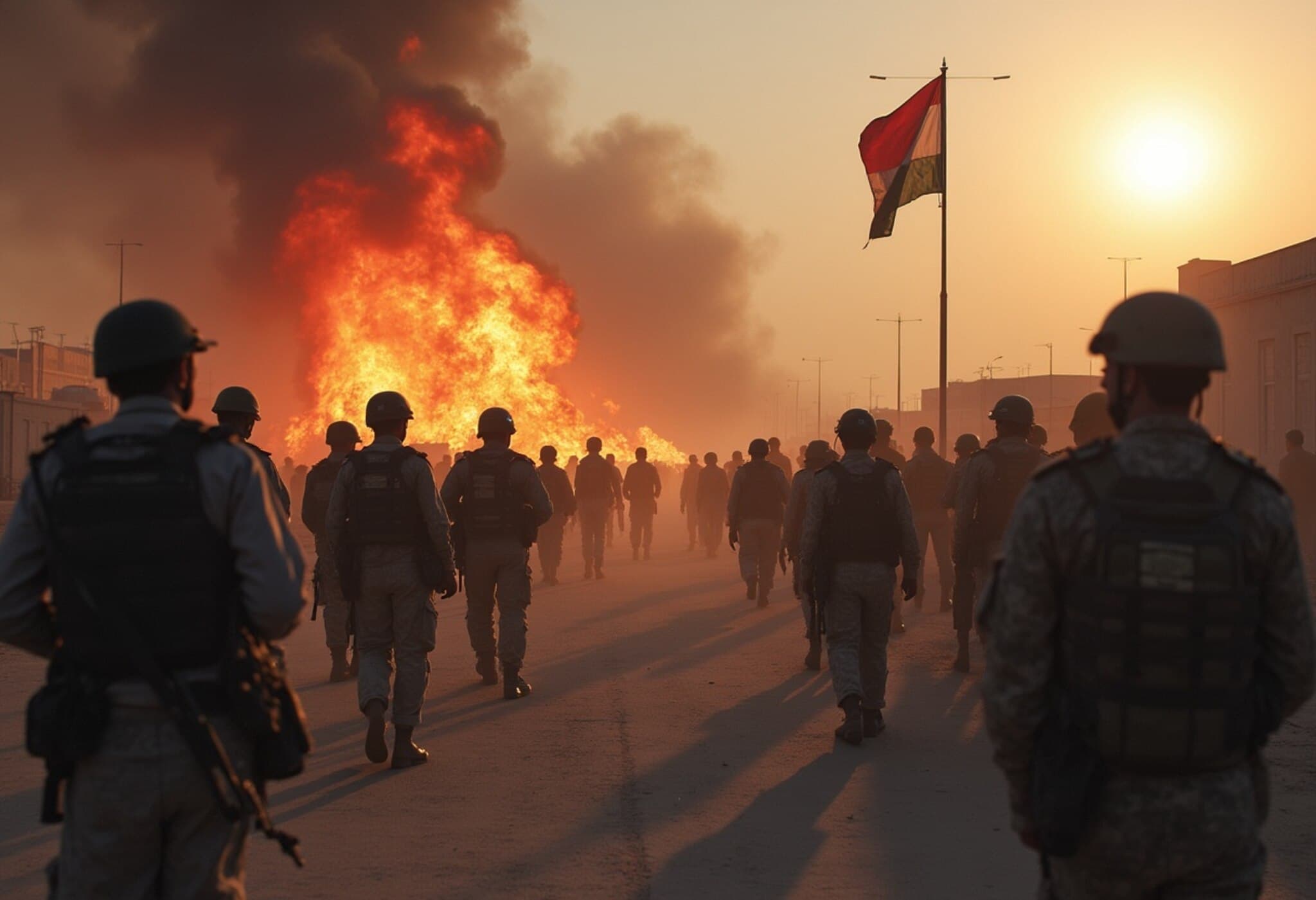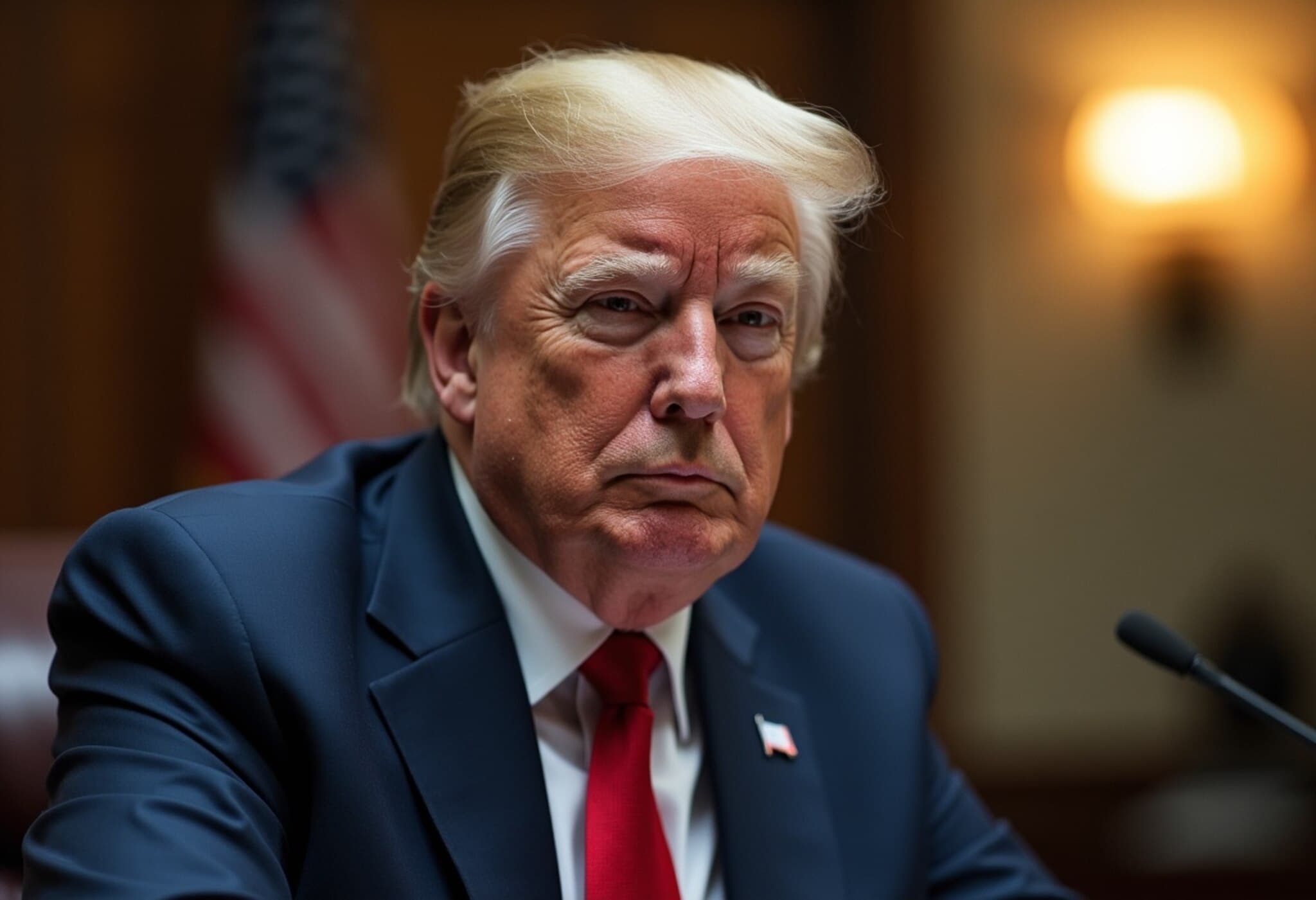US Suspends Gaza Ceasefire Negotiations Amid Hamas Standoff
In a significant setback to peace efforts in the Middle East, President Donald Trump's special envoy Steve Witkoff announced on Thursday that the United States is cutting short its Gaza ceasefire talks and recalling its negotiation team from Qatar. The decision comes after the latest communications from Hamas, which Witkoff described as demonstrating a "lack of desire to reach a ceasefire in Gaza."
Breaking Down the Impasse
Witkoff's statement expressed frustration with Hamas' perceived failure to act coherently or in good faith during weeks of shuttle diplomacy. "While the mediators have made a great effort," he asserted, "Hamas does not appear to be coordinated or acting in good faith. We will now consider alternative options to bring the hostages home and try to create a more stable environment for the people of Gaza."
As of now, the exact nature of these "alternative options" remains undisclosed, with neither the White House nor the State Department providing additional comments or clarifications.
The Broader Context: A Deteriorating Humanitarian Situation
This announcement comes at a critical juncture in a conflict that has devastated Gaza for nearly two years. Just days before the U.S. withdrawal from negotiations, Gaza experienced its deadliest day for aid-seekers in over 21 months, with at least 85 Palestinians killed in a single day while attempting to access food supplies.
The underlying conflict between Israel and Hamas shows no signs of abating. Weeks of mediation hosted in Qatar have yielded only incremental progress, as core issues—such as the redeployment of Israeli troops post-ceasefire—remain unresolved.
Israel Responds: Negotiating Team Returns Home
Simultaneously, the Israeli Prime Minister’s office recalled its negotiating delegation, signaling a shared frustration with Hamas’ stance. A brief official statement lauded the efforts of the mediators, including the United States, Qatar, and Egypt, but stopped short of detailing future plans.
What Was on the Table?
The proposed ceasefire deal entailed a 60-day truce during which Hamas would release 10 living hostages and return the remains of 18 others, in stages, reciprocated by the release of Palestinian prisoners held in Israel. Additionally, the agreement anticipated an increase in humanitarian aid shipments and negotiations toward a more permanent ceasefire.
Expert Insights: Navigating a Complex Diplomatic Terrain
Experts highlight that the U.S. decision underscores the complexities inherent in mediating Houthi-Israel conflicts, where trust deficits and fragmented leadership within Hamas challenge traditional diplomatic mechanisms. The U.S. may be recalibrating its approach to focus more intensively on unilateral measures or covert operations, a strategy that could have long-term implications for stability in the region.
Moreover, the impasse exposes the perennial dilemma confronting policymakers: balancing humanitarian imperatives with security concerns amid an unpredictable conflict landscape.
Unanswered Questions and Forward Path
- What exactly are the alternative options the U.S. plans to pursue in lieu of negotiations?
- How might the cessation of talks affect the civilian population in Gaza, especially those reliant on aid?
- Could renewed diplomatic efforts emerge if future conditions shift, or is this a definitive breakdown?
These questions remain crucial as regional and international actors monitor developments closely. The humanitarian stakes are high, and any sustained stalemate threatens further tragedy.
Editor’s Note
The suspension of ceasefire talks marks a sobering moment in a long-standing conflict that defies easy solutions. While diplomatic fatigue is palpable, the human cost calls for renewed urgency. Observers and policymakers must consider whether fresh strategies—perhaps incorporating broader regional engagement or new mediation frameworks—can break the cycle of mistrust. At its core, the challenge remains: how to reconcile security imperatives with the undeniable need for peace and humanitarian relief.
As readers, reflecting on these dynamics can deepen understanding of global conflict resolution's inherent complexities and remind us that behind every negotiation breakdown are real lives yearning for stability.

